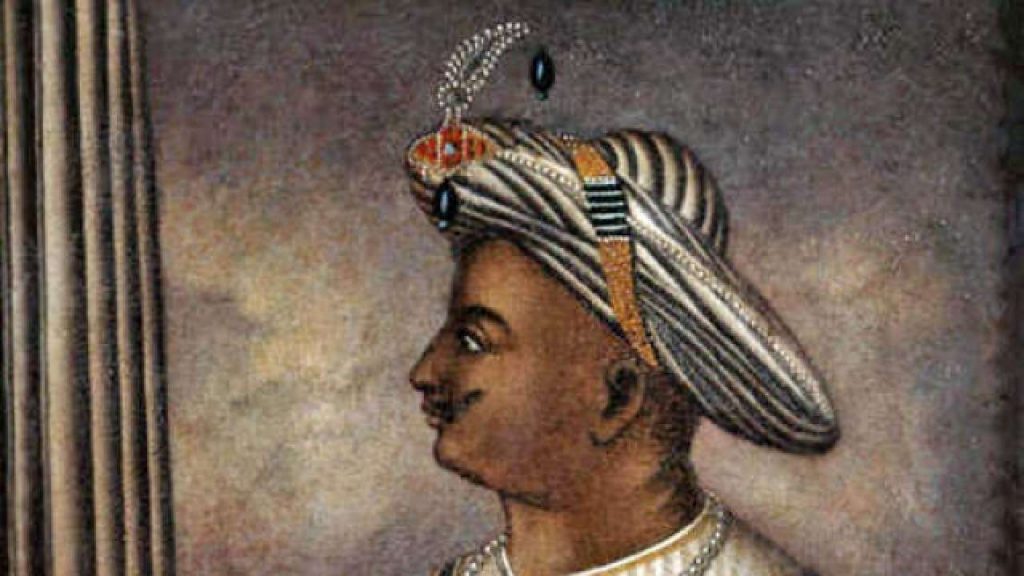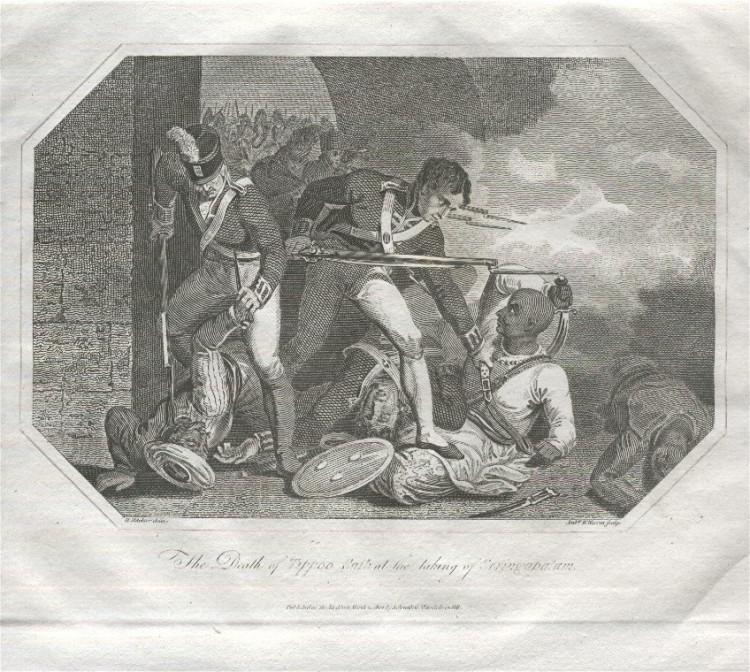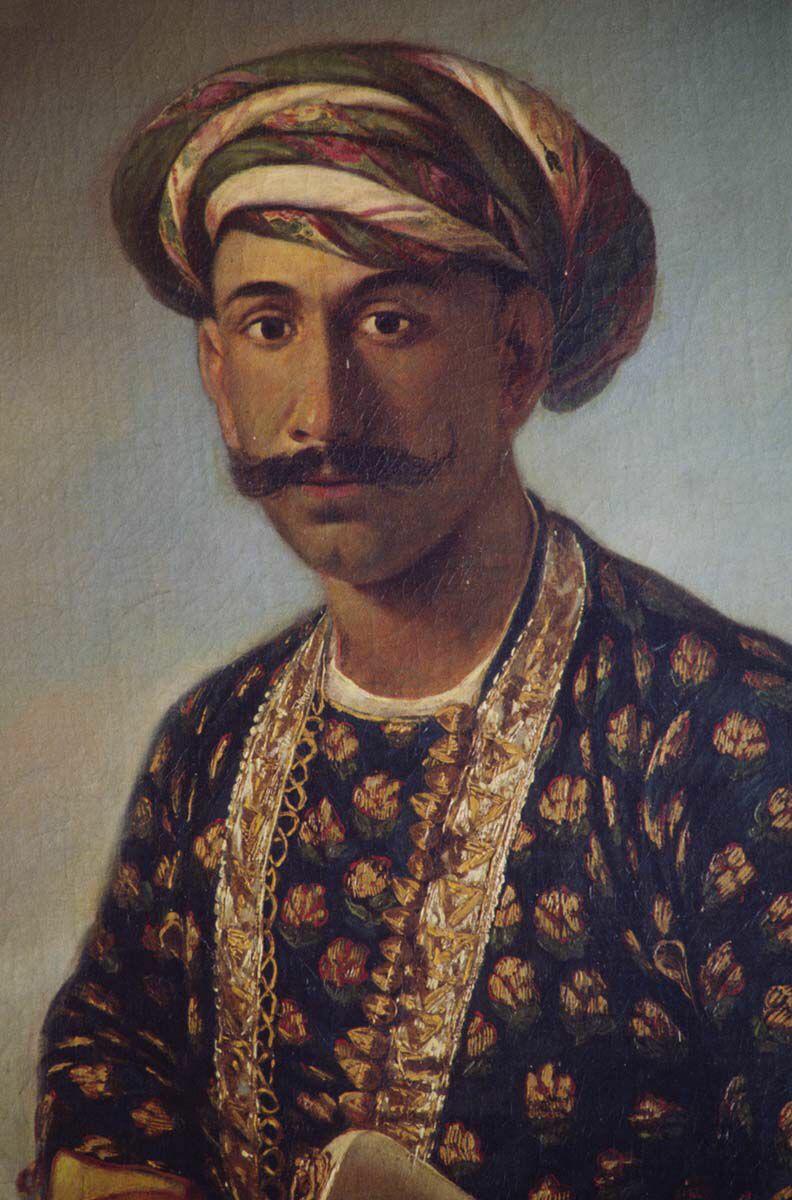From the agenda of development the guiding principle of the present disposition has taken a turn towards repainting the symbols that once stood for national unity, integrity and secularism. In the scheme of thing, the next step is to demonise Muslim rulers. From changing names of the cities and railway stations to changing the legacies of rulers.
Showing Tipu Sultan as a barbaric ruler started with British as a justification to take over the kingdom of Mysore and continues as a means to stay relevant in Karnataka politics. Started in 2015, rising to crescendo in run up to Karanatak election, Tipu Sultan has been brought from dead for gains in the upcoming elections.
Having created a divide in Hindi belt as well as in the East and west of India, we have new controversies being created, particularly with Tipu Sultan and Sabrimala, and through these communalism is making inroads into South which has until now with the exception of Karnataka remained out of the hardcore communal politics.
Those in the opposition on their part despite their continuous effort to reinvent themselves with the formula of soft Hindutva have not backed down from celebrating the role of Tipu Sultan in history. For some state parties staying out of the celebrations seems to be the best bet.
Tipu Sultan, the ruler of Mysore was one of the first to realize the threat from the East India Company and fought three wars with them. The last war took place as the EIC feared that the French emperor Napoleon, who had invaded Egypt in 1798, would try to form an alliance with Mysore. For long Tipu Sultan, the Tiger of Mysore won his place in the Indian independence movement as “freedom fighter” who stood against the might of the British.
Pioneer in development of Mysore, Tipu Sultan dies historic death fighting British: President Kovind
Tipu’s legacy is far from simple or neutral. Subject to numerous interpretations Tipu has been a subject of political symbolism and in politics, symbols change with time and convenience. Till a few years ago he was celebrated as an able ruler who revolutionized administration of his kingdom and brought about improvement in the lives of his people.
To briefly look at history, Tipu in the 18th century bravely held back the East India Company. He was one enemy that the British struggled to defeat and in death remembered through folk songs. The earliest of these, lavanis was written shortly after his death.
In the 19th and 20th century Tipu was celebrated as a brave warrior in plays, history textbooks and popular literature. The concise Kannada biography on Tipu that the RSS published in the 1970s, in its “Bharata Bharati” series, praised him as a patriot and hero, without offering any negative comment on him.
But political stakes change and there is a constant need to reinvent the past in ways best suited for the present.
Today there is rush to project Tipu as a Muslim bigot who killed thousands of Kodavas in Coorg and forcibly converted Catholic Christians of Mangalore to Islam. While it is true that Tipu did commit violence in Coorg and Mangalore but from the limited material we have it is very difficult to estimate its scale and intentions. Moreover, the British writings of the 19th century portrayed him as a religious fanatic and the British as saviors of the people of Mysore.
Both Tipu and his father Haider Ali, were dangerous foes of the British and favored the French in a region where the two European empires competed for influence. Tipu and his father defeated the British twice between 1767-1784.
Consequently the embarrassed British vilified them in plays, cartoons and other popular media, represented to the British public as a fanatical Muslim tyrant bent on persecuting Christians and Hindus.
This was done to legitimize their takeover of the kingdom. They later added a Jacobin plot.
Even to this day many in Karnataka and other parts of India remember Tipu as a tyrant who exhorted taxes and demolished temples to fund his European style army. Another claim is that he was an anti-national because he invited the Afghan king Ahmed Shah Durrani to invade India in 1748. Tipu was born in 1750.
The history of great warriors of India as of anywhere else in the world is incomplete without the story of the suffering of their innumerable victims. The subaltern has no voice and no place in the victory songs of great warriors. This violence takes a completely new form when it is seen through the communal lens and a sort of kinship formed with the muted victim who was made to suffer at the hands of a Muslim king.
People and politicians often use the identity of nationality, religion, caste and class to make wider connections and create new identities were there were none. Unfortunately, while we are taking great steps forwards as a nation we often in our enthusiasm are taking a step back in respect to national unity. By no definition can Akbar or Tipu be called barbaric foreigners unless being a Muslim made the ground for declaring one so. In reality whichever ruler we look at, has to be looked through its particular historical setting. To project into the past the communal outlook of today is not only misinterpreting history but causing a dent to national unity.
Tipu’s administration was diverse and complex. Kannada, Marathi and Persian were the court languages. The important administrative posts were held by Brahmins. That he gave generous amounts of grants to temple is well documented. The ten day celebration of the Dusshera festival was continued by the Wodeyar dynasty and is still a part of the state festivities.
To view Tipu only through the lens of communalism would be grave injustice to his legacy. He was man who first perceived the threat from the British and continuously wrote about it to the Nizam and the Marathas. To this day Tipu’s military technologies have fascinated scientists. He centralized his bureaucracy and brought about changes in the revenue system. His personal library had more than two thousand books that were sent to Oxford and Cambridge Universities and to the College of Fort William and Royal Asiatic Society in Calcutta after his death. His interests included astronomy, law, mathematics. Most importantly he laid the foundation of the famed Mysore Silk industry.
Remembering Mangal Pandey, who led first war against British regime in 1857
There is in recent years the need felt by few to attack Muslim leaders of the past. These toxic ideologies these stories need to be carefully studied and the fact sieved from the fiction. The current debate cannot ignore his contribution as a ruler to Karnataka and to India. From horticulture to the Mysore buffalo breed to mining and metallurgy all developed in Tipu’s reign.
A warrior king who realized the threat from the British and tried to stop them, in the end fighting even as a foot soldier. His missile technology was to have a huge impact on the politics and history of the world. A man who never showed fear again on the battlefield. Wellesley who suffered humiliation at his hands learnt from him and then went to become the commander who defeated Napoleon in the battle of Waterloo. Mysore rockets had a big role to play in the great battle of Waterloo. As aerospace scientist Narsimha says, he will forever remain India’s original missile man.
By opposing celebration of Tipu Jayanti and denying a patriot his place in history, those in power today are merely following up on the erstwhile imperial policy of painting its once most formidable challenger as a barbaric, ruthless and fanatic king.
Disclaimer: The opinions expressed in this article are the personal opinions of the author. The facts and opinions appearing in the article do not reflect the views of NEWSD and NEWSD does not assume any responsibility or liability for the same.




















